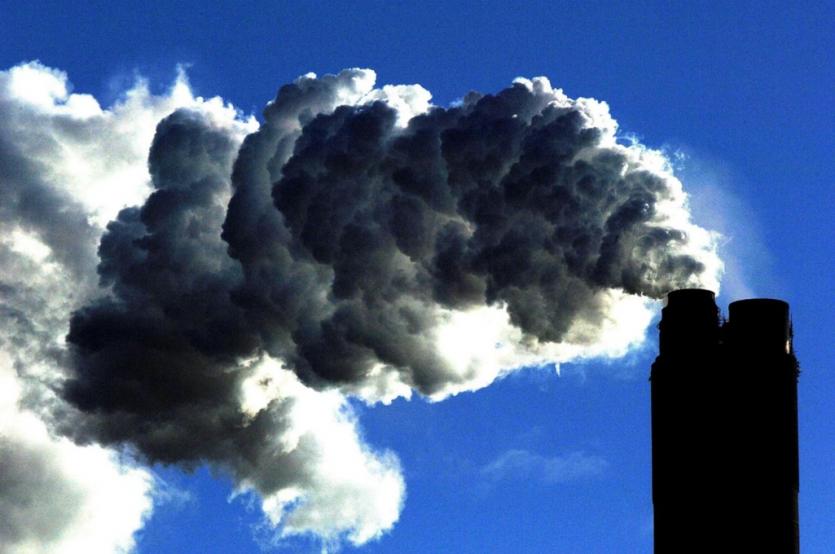Emissions from a coal fired power plant. (AAP)
By Patryk Krych | The World Daily | JANUARY 24th 2021
The Australian bushfires of 2020 were some of the most devastating that the country had ever seen throughout its history. Whilst a fire season is regular business for Australia, it’s been thought that the drier-then-average conditions brought about by climate change may well have contributed to the worsening of the fires. So why is there still hesitance in contributing to climate goals?
The Australian Prime Minister, Scott Morrison, is in absolutely no hurry to commit the country to a target of net zero carbon emissions by the year of 2050, unlike many of the other countries that have signed up to the Paris Climate Accords back in 2015.
With the United States re-joining the Climate Accords only hours after the inauguration of the new US President Joe Biden through his administration, eyes are now turning to the rest of the world with expectations high and waiting for word of more change. The US was one of the major hitters in terms of harmful emissions, and with them now committed to the accords, some focus is being put to Australia – particularly due to their earlier, infamous bushfires.
The Australian bushfires had been so bad and devastating that Morrison himself had dubbed the period of time as Australia’s “Black Summer.” Nearly 3 billion animals had been either killed or displaced from their habitats during the fires, according to the World Wide Fund for Nature (WWF), and to this day the bush is still recovering from the devastating flames.
Despite all this, in an interview published on Saturday in The Australian newspaper, Morrison himself had stated that he can see the importance of working towards the climate emission reduction goals despite not having explicitly committed to any changes himself.
“It is about whether you can produce hydrogen at the right cost, it is about whether (carbon capture and storage) can be done at the right cost, it is whether we can produce low emissions steel and aluminium at the right cost,” the newspaper quoted Morrison.
“That is how you actually get to net zero,” he added. “You don’t get there by just having some commitment. That is where the discussion has to go, and I think the (US President Joe) Biden administration provides an opportunity to really pursue that with some enthusiasm.”
But conservationists and environmentalists are sceptical. Though last month, the rather conservative Australian government had revealed that it would be aiming to achieve its 2030 carbon emissions pledge, which it had agreed upon under the Paris Climate Accords over five years ago – and without counting carbon credits at that, there’s still a lot to be considered about the PM’s hesitance to a promise.






